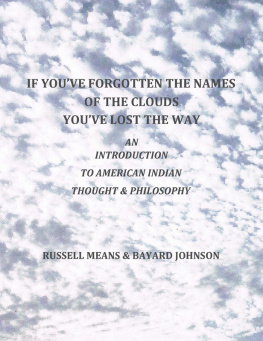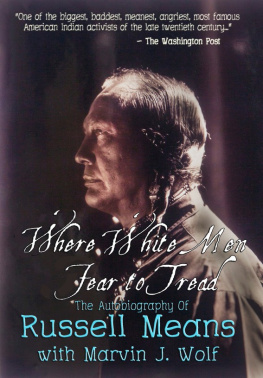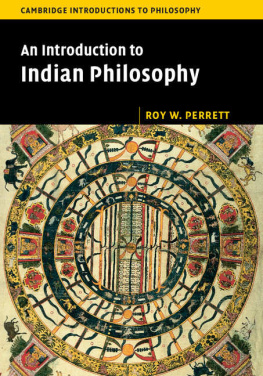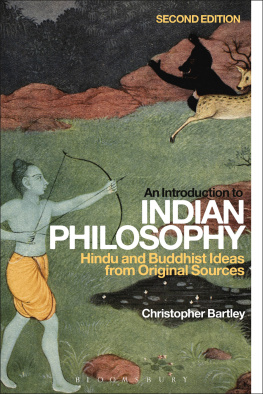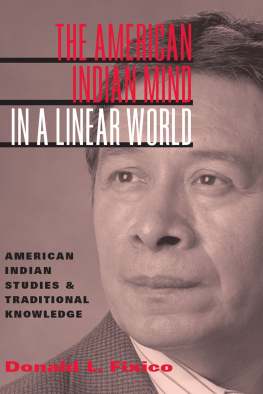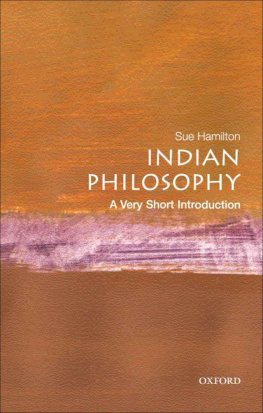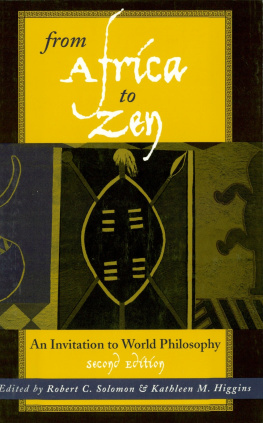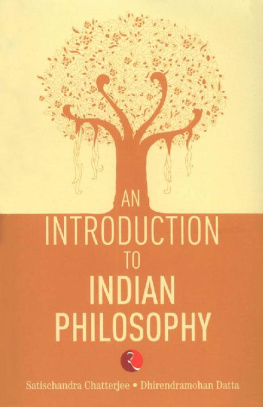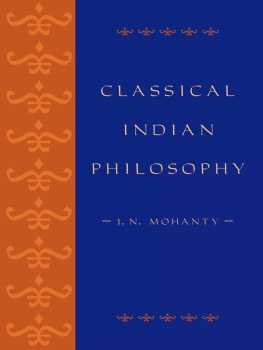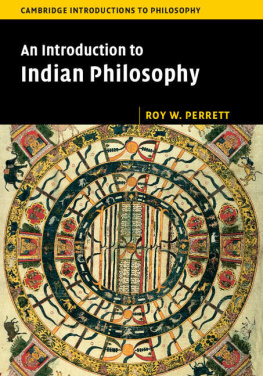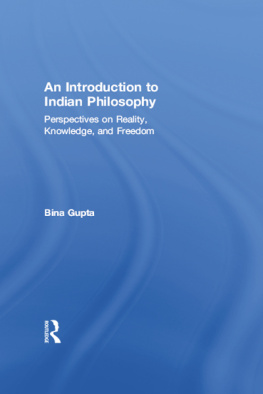IF YOU'VE FORGOTTEN THE NAMES
OF THE CLOUDS
YOU'VE LOST YOUR WAY
AN
INTRODUCTION
TO AMERICAN INDIAN
THOUGHT & PHILOSOPHY
Russell Means & Bayard Johnson
Copyright 2012 by Russell Means & Bayard Johnson
ISBN: 9781620952979
FOREWORD
The reason we decided to write this book is because The Trickster has completely tricked my people. The Trickster, or Iktomi, has come into our land, and completely colonized the Lakotah Nation. In February of this year I cut my hair in mourning. This was for my own people, who are dead, and are only play-acting at being Indians. Only a few even realize that they are colonized. The Heyoka, the one who lives backwards, has come into our land to try to get the people out of this death condition, but its not workingthe people are not listening. Theyre not learning.
My Great-Grandma Aggie, my Grandma Twinklestar, my Auntie Faith, my Mother, my Grandpa John Feather, and many others too numerous to name, all taught me many many things. What they didnt teach me was that as the oldest brother, I was supposed to pass this knowledge down to my younger brothers. I didnt do it because I didnt know. Not until I joined the American Indian Movement, AIM, did I realize this.
When I joined AIM was when I met the old peoplethose who were born in the latter part of the 1800s, had never been to school, and were raised by people who were born free. There was Pete Catches, Frank Fools Crow, Frank Kills Enemy, Henry Crow Dog, John Fire, Severt Young Bear Sr., Sally Red Owl, Mrs. Janis, and many old ladies on Rosebud and Pine Ridge whose names I never knew. They taught me and counseled me, all of them. They would all visit me, and I would visit them.
So this book is about what I learned from these old people. This book is an introductiona very sketchy introductionto Matriarchy. The Indian way of life is very misunderstood, and has almost disappeared from the Earth.
This book is a partial collection of everything Ive come to know from my peoplefrom my ancestors, from people who were born free, from my relatives, and from my own experiencesas well as from other Indian Nations in the Western Hemisphere who all shared the same world view.
THE ANCESTORS
Every part of this Earth is sacred to my people. Every hillside, every valley, every plain and grove the very dust upon which you now stand responds more lovingly to our footsteps than to yours, because it is rich with the blood of our ancestors
Seattle, Suquamish, mid 1800s

Come with us now on a journey to another worldthe way it was everywhere on Earth, when people all across the globe lived in paradise. Today, only in scattered locations, in small shrinking pockets and forgotten remote islands and mountains and jungles, does this paradise still exist.
To understand the American Indians, or any indigenous people, it is essential to start with the Ancestors. Our Ancestors are vital to the Indian world-view, and are held in as high regard as if they were alive today, and walking among us.
Our Ancestors are our constant witness and companion. They know everything. They are part of us, as we are part of them. In this way, an American Indian is never a solitary or lonely individual. Existential angst is unknown. We know who we are and we are never alone. We are part of something greater than ourselves.
This makes us responsible. An entire family or clan is responsible for any act of violence of any of its members, not only in the present and the past, but even into the future. Honor is not purely individual, it exists among individuals of course, but it also incorporates our immediate families, our clans, the Ancestors, and extends out to include the entire Universe.
An American Indian is aware that if disgrace or dishonor is brought upon oneself, then our Grandmother Earth has been insulted as well. These beliefs and principles are real. They are based on the clear and obvious connection between ourselves and the natural world that nurtures and supports us in every moment of our existence. Our connection to the Ancestors guides our actions in every situation.
LANGUAGES OF THE NEW WORLD
How smooth must be the language of the whites, when they can make right look like wrong, and wrong like right.
Black Hawk, Sauk, early 1800s
Conversation was never begun at once, nor in a hurried manner. No one was quick with a question, no matter how important, and no one was pressed for an answer. A pause giving time for thought was the truly courteous way of beginning and conducting a conversation. Silence was meaningful with the Lakotah, and his granting a space of silence to the speech-maker and his own moment of silence before talking was done in the practice of true politeness and regard for the rule that, thought comes before speech.
Luther Standing Bear, Oglala Lakotah, early 1900s
This book is an attempt at explaining a very complex world view and a complete set of life waysthat there are no negatives in the Matriarchal world view. This truth is demonstrated in our languages.
The very essence of being an American Indian is expressed in our languages. They are unlike the languages of the Old World, which are combinations of older languages and are traceable to the same few mother tongues. Languages all over the Old World have been written down for centuries, unlike our languages which have remained free until recent times.
Once a language is written down, its speakers suffer immediate consequences. One of the first casualties is memoryas soon as you can write something down, the power to remember goes quickly. Also lost is much of the richness and expressiveness of language.
If you look at the earliest written versions of Beowulf, transcribed from the spoken word of the minstrel, a traveling story-teller, you see use of startling, almost magical imagery. Beowulf and friends traveled the whale-road, they oar-dipped across the roof of the fishes. These words make pictures, evoking the myriad life around them, the searing richness of experienceall this was soon sacrificed for efficiency. The spoken word is the realm of storytellers, poets, and visionaries, it is a plastic and infinitely expandable medium, an art form. Written language crosses into the domain of word-accountants, experts who spend their lives compiling catalogues of words, immense dictionaries trying to affix an exact, almost numerical value to every utterance and human emotion. Certainly this can be a fascinating pursuit, but its the antithesis of creative process, which is what speaking in a free language used to be all about.
Ironically, not only does creativity and expressiveness suffer once a language becomes a written languageit also becomes easier to lie. When a story or account is written down, history for example, it becomes the accepted version of truth no matter how false the information, or how biased the source. People who live in the oral tradition, however, have to be able to remember what they said. The only way to be sure of this is to tell the truth. Liars are frequently found out because their stories are inconsistentwhen theyre not drawing on truthful memories, they frequently cant remember what they said. The stories of liars become inconsistent with the accounts of others. Lying just doesnt work when youre face to face in the oral tradition. Writers, working alone, sometimes under a pseudonym, or even anonymously, are not really accountable. They can write anything they want without regard to fairness or truth.
The languages of the American Indians who never bothered with writing have extremely descriptive words and expressions for natural phenomena, and are entirely missing words for things that dont exist in our culturethings like murder, deceit, and lying. How could anyone lie when the Ancestors are continually bearing witness? When not only yourself but everything you love would be dishonored? Dishonored not by getting caught in a lie, but by the very telling of it. We had no use for written language until our tongues were stolen from us by kidnapping our children into English-only boarding schools, and many of our languages were in danger of completely dying out.
Next page
